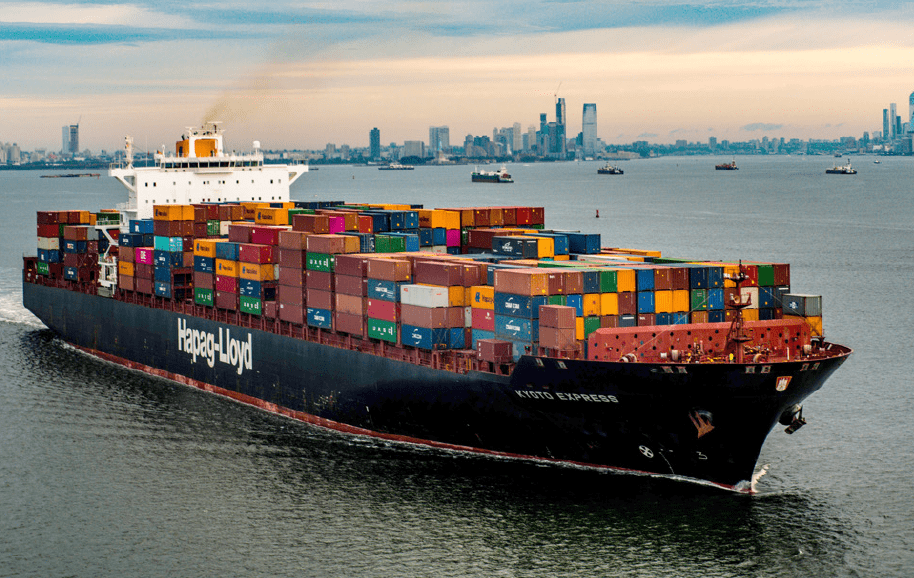After transitioning from a win-win policy to America first, President Donald Trump spoke Thursday with Chinese President Xi Jinping.
This call was the first between the two presidents since Trump began his second term in office on January 20, 2025.
Moreover, the conversation came in the context of a structural change in which the largest economies on the planet, including other countries, attempted win-win deals to the America-first policy introduced by Trump since his first presidential term (2017-2021).
In a post on Truth Social, Trump called it a “very good phone conversation” and referred that Xi invited him to visit China.
Win-win to America first
In the conversation with XI, Trump was accompanied by Treasury Secretary Scott Bessent, Commerce Secretary Howard Lutnick, and White House Trade Representative Jamieson Greer.
Since Trump’s first term, the U.S.–China trade war marked a watershed in the global trading system, with the largest tariff increase in world history by volume affected.
“I participated in many G20 meetings over the years. And I can assure you that the tone changed radically: the language of win win was replaced by that of America First,” said José Ángel Gurría, who was secretary general of the Organization for Economic Cooperation and Development (OECD) from June 2006 to June 2021, highlighting the then atmosphere of international cooperation, in a forum organized this Tuesday at UNAM.
Then came the Covid-19 pandemic, which caused shortages of supplies, especially medical supplies, disrupted global value chains and affected international trade.
Climate change
“Many companies and governments realized that efficiency could not be the only criterion: they also had to think about resilience. And to all this was added another structural factor: climate change,” added Gurría.
According to Gurría, as in his first term, the Trump administration lacks an environmental policy. “In fact, it is the antithesis of a policy with respect to protecting the planet,” he said.
Gurría concluded: “They already got out of the Paris accords again: unfortunately, that would give wings to China to be more lax. We are talking about the two largest emitters in the world”.

